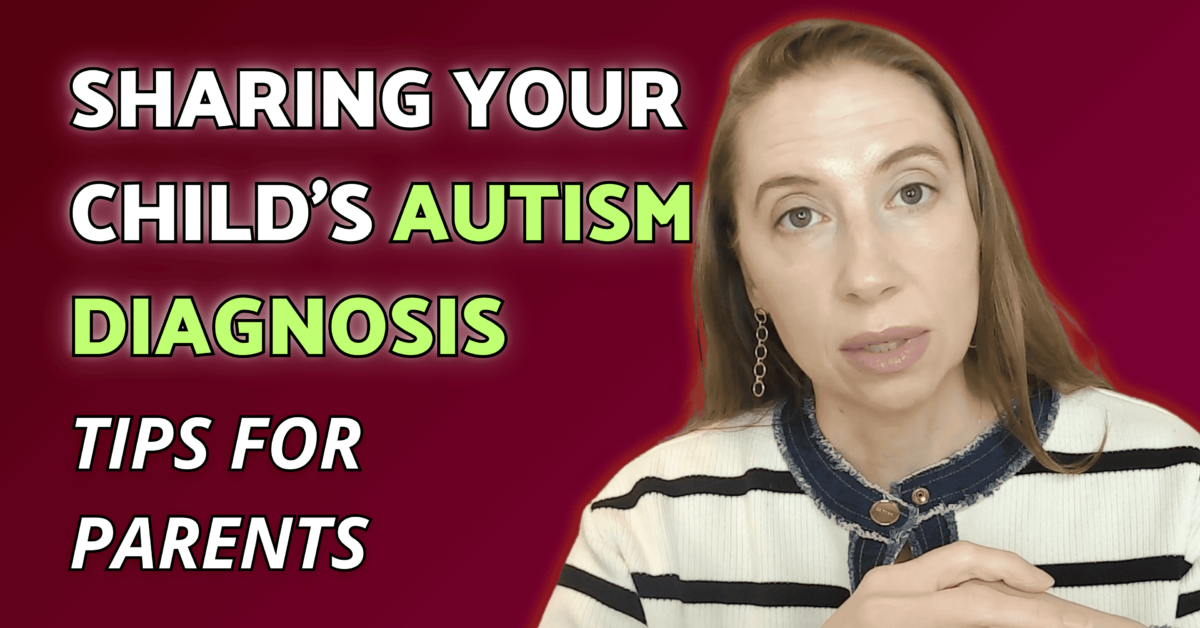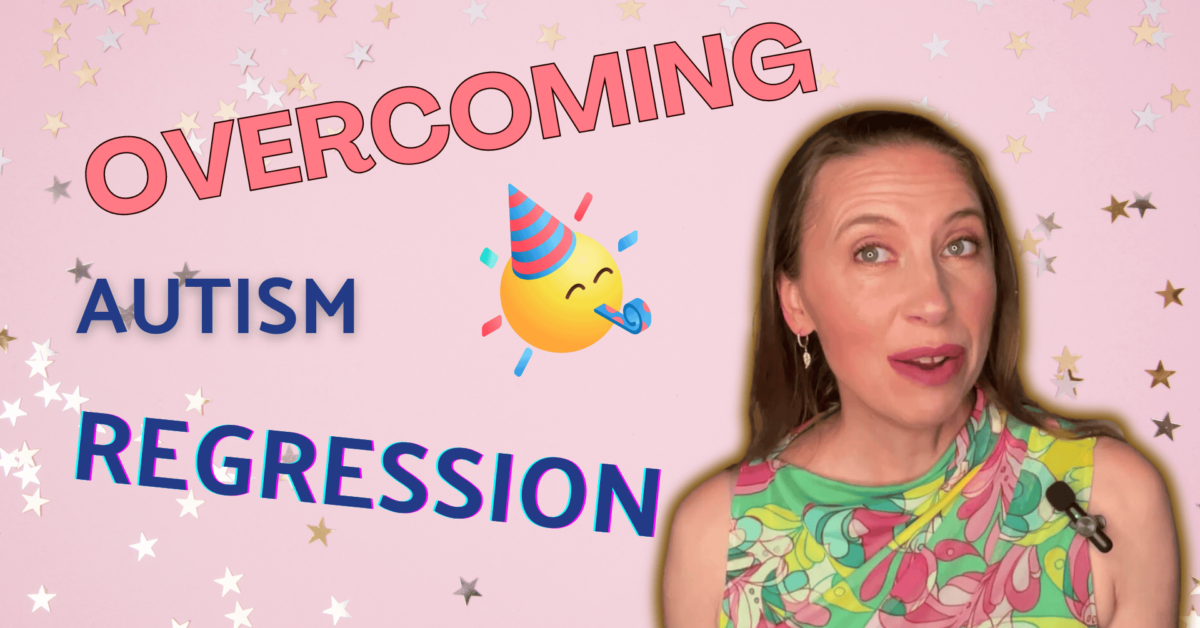I’ve got a really fun game to talk about.
This game is for ages eight and up, but I actually typically recommend it to parents that they play themselves when they’re starting to struggle with what they think is possible for their child. This game is actually a fun way to explore how someone thinks about different situations.
Why is that important?
Things will not always go as planned when you are parenting a child with autism, right?!
You might want to focus on improving their health but don’t know what to do. This is where how someone thinks about a situation actually matters more than what they’re doing. All right, so what is growth versus fixed mindset? So growth mindset views intelligence, abilities, and talents as learnable and capable of improvement through effort. Whereas someone with a fixed mindset (very rigid), views intelligence, abilities, and talents as inherently stable and unchangeable over time.
These mindsets really impact a lot having to do with autism in so many ways. Firstly, a parent with a fixed mindset will think that their child will never be able to catch up. This type of parent will always feel the pressure of being behind.
Secondly, there’s a lot of information to learn about autism to help your child be happy and healthy. A parent with a fixed mindset will seek out an expert or two but will give up helping their child without putting in a lot of effort because they think, “I can’t figure it out. Those couple of doctors we went to, they didn’t know what they were doing.”
Okay! And I’m going to confess that even to this day on some topics, I have a fixed mindset. I’m not mad at myself for that. I become aware of when I’m fixed. And then I actually typically laugh at myself, sometimes out loud, even if I’m by myself or on a walk. Many times when I’m on a walk, that’s when I realize, oh, you’re thinking very fixed about this. And then I laugh, and then I try and figure out a nice and kind way to change my fixed mindset. So awareness is really the first step.
How does the game work? Well, let me open it up and take out some examples. Alright, I’ll go through some examples, and the last one we do will be super important if you’re worried about your child’s intelligence. There are cards like this.
The first card – it gives you the situation.
The second card is how do you handle it?
So the situation for the first one is
“Ryan feels that he’s the worst basketball player in his gym class. He rarely seals the ball and seldom makes a basket. He feels like he is a failure at basketball and the other kids in his class have more natural talent. What does someone with a growth mindset think?”
You can apply that situation to so many things in autism, right? Or even your child. Your child might be thinking this. So how are you going to parent that?
Okay, so the game goes – think about it and then read the answer.
“People with growth mindsets believe that they are in charge of their aptitude and intelligence. They think that they can’t do it well yet, and with the effort and the right strategy, they will improve.”
Let’s do another one.
“Aaron, who usually gets good grades in school, was shocked when he got an F on his chemistry test. Since he studied, Aaron decided that it was because he was not good at chemistry. His poor grade makes him feel like a complete failure. How would someone with a growth mindset look at the situation?”
So I can say I experienced that with autism, where it’s like I was trying to do certain things, but things were not changing. I felt like a failure. Straight up.
How would a growth mindset person think about it? I did not! So learn from this situation.
“People with a fixed mindset believe failure is due to their ability and often get discouraged. On the other hand, people with a growth mindset learn from setbacks and see failure only as they set up for comebacks. They do not identify themselves by their failures and successes, but rather see them as actions and think they have to work harder or find the right strategy to succeed.”
Cool, right? You can see the shift in your energy level when you think about a problem in two different ways. If you think about a problem with a fixed mindset, it’s exhausting. If you think about a problem with a growth mindset, it looks like invigorating you’re, like, ready to go.
This one is really important for people with autism:
“After learning that her IQ scores are average, Vicky decided not to take AP or honors classes, assuming that they would be too difficult for her. How do people with a growth mindset see their brains?”
“People with a growth mindset believe that their brain grows when they learn and try new things. They feel in charge of their intelligence and don’t see human intellect as carved out in stone.”
Now, the really great scientific fact about people with autism is their IQ continues to grow past the age where a neurotypical IQ stops growing. So you definitely want a growth mindset with autism because there are so much great possibilities.
Challenging situations like autism can be catastrophic for those with fixed mindsets because of the implication that if they don’t already have the skills or intelligence to help their child, there’s no chance of improvement. And I know that because that’s kind of where I started with all of this. Your child can get happier and healthier.
You can be happier and healthier.
The question is, do you think you can?




